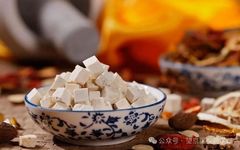
The Dual Role of Food and Medicine
Poria (Fu Ling)
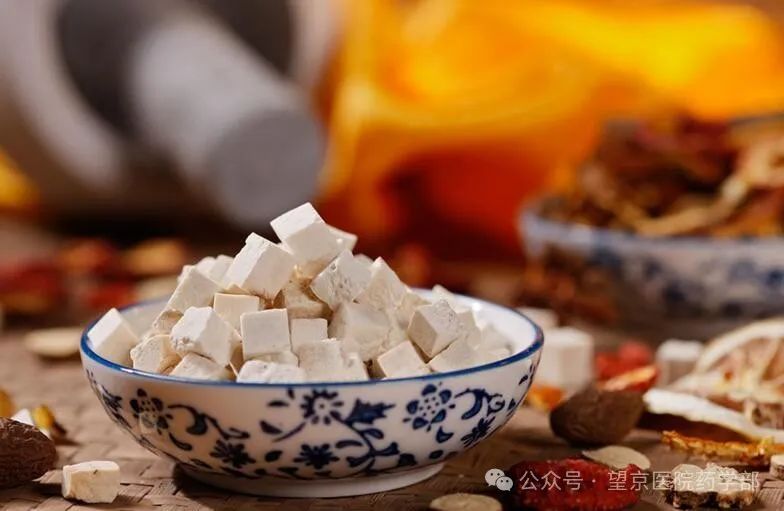
In the treasure trove of Traditional Chinese Medicine (TCM), there exists a precious herb known as Poria (Fu Ling), revered as the “Divine Medicine of All Seasons.” It grows on the decayed roots of pine trees, which the ancients believed to symbolize health and longevity due to their evergreen nature. After the pine tree withers, the Poria that emerges from its roots possesses miraculous effects, hence the name “Fu Ling,” which later evolved into “Poria.” During festive seasons, the northern delicacies “Poria Cakes” and “Poria Pastries” often evoke childhood memories, while southern soups frequently feature Poria.
Poria (Fu Ling)
Also known as Yun Ling, Fu Ling, and Song Ling, it was first recorded in the “Shen Nong’s Herbal Classic” and originates from the dried sclerotia of the fungus Poria cocos. The “Compendium of Materia Medica” states: “The larger ones are like three or four sheng (a unit of volume), with a black and finely wrinkled outer skin, and a firm white interior, resembling birds, beasts, turtles, and tortoises.” Poria is neutral in nature and has a sweet and bland taste, entering the Heart, Lung, Spleen, and Kidney meridians. It promotes urination and dampness elimination, strengthens the Spleen, and calms the mind, making it useful for conditions such as edema, reduced urination, phlegm-damp dizziness, Spleen deficiency with poor appetite, loose stools, anxiety, palpitations, and insomnia.
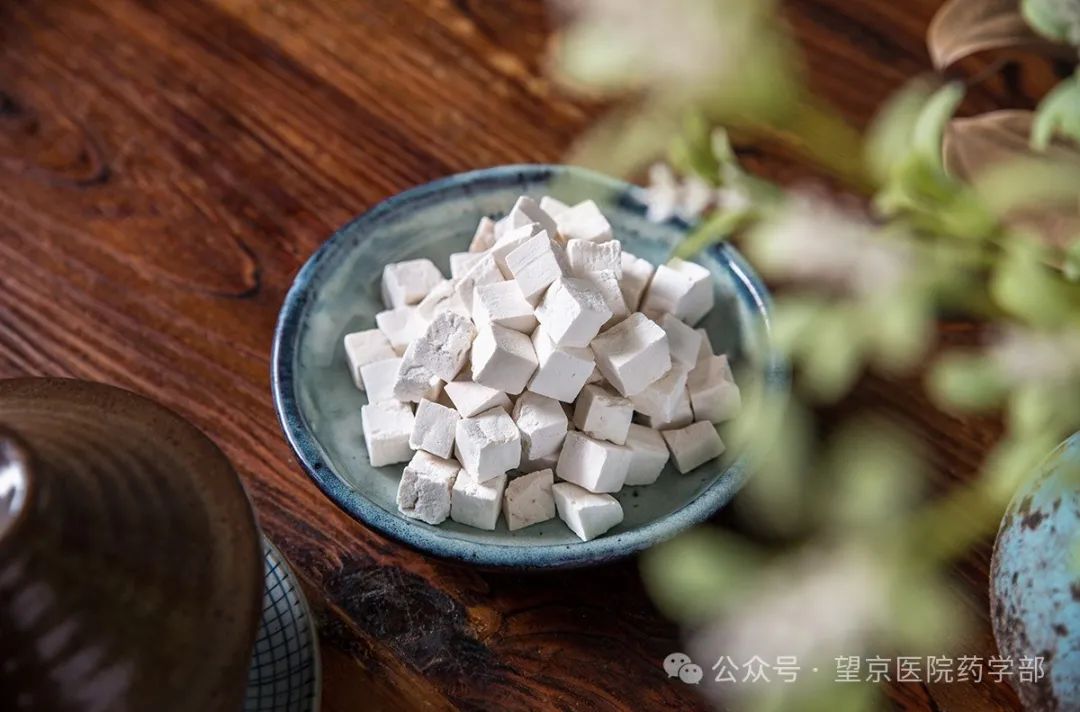
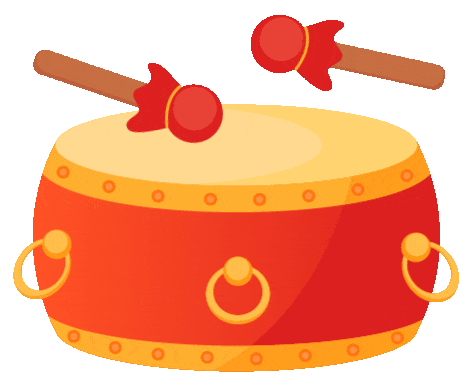 [Modern Research]
[Modern Research]
This herb contains Poria polysaccharides, poria acid, proteins, fats, ergosterol, and other components.
It has diuretic and stone-preventing properties, anti-tumor effects, liver protection, immune enhancement, gastrointestinal regulation, antibacterial, anti-inflammatory, sedative effects, and enhances insulin activity.
 [Usage Precautions]
[Usage Precautions]
Use with caution in cases of Yin deficiency without damp-heat, deficiency-cold with spermatorrhea, and Qi deficiency with prolapse.
 [How to Select Quality Poria]
[How to Select Quality Poria]
1. Visual inspection: After peeling, quality Poria generally appears white, light red, or light brown. Authentic Poria has a uniform surface color and a fine cross-section, while inferior products have uneven color and a rough cut surface.
2. Tactile examination: Poria is a fungus and typically does not shed powder. If powder falls off when touched, be cautious of counterfeit products.
3. Olfactory examination: Poria has little to no smell. Avoid purchasing if it has musty, sour, or sulfur-like odors.
4. Taste test: Good Poria has a very mild taste, with a slight sweetness that sticks to the teeth, while inferior Poria may taste astringent, bitter, or sour.
5. Water test: Authentic Poria retains its shape when soaked or boiled, while fake products will quickly disintegrate.
6. Iodine test: If iodine solution is added and there is no color change, it indicates authenticity. If it turns blue, it suggests the presence of starch in inferior products.
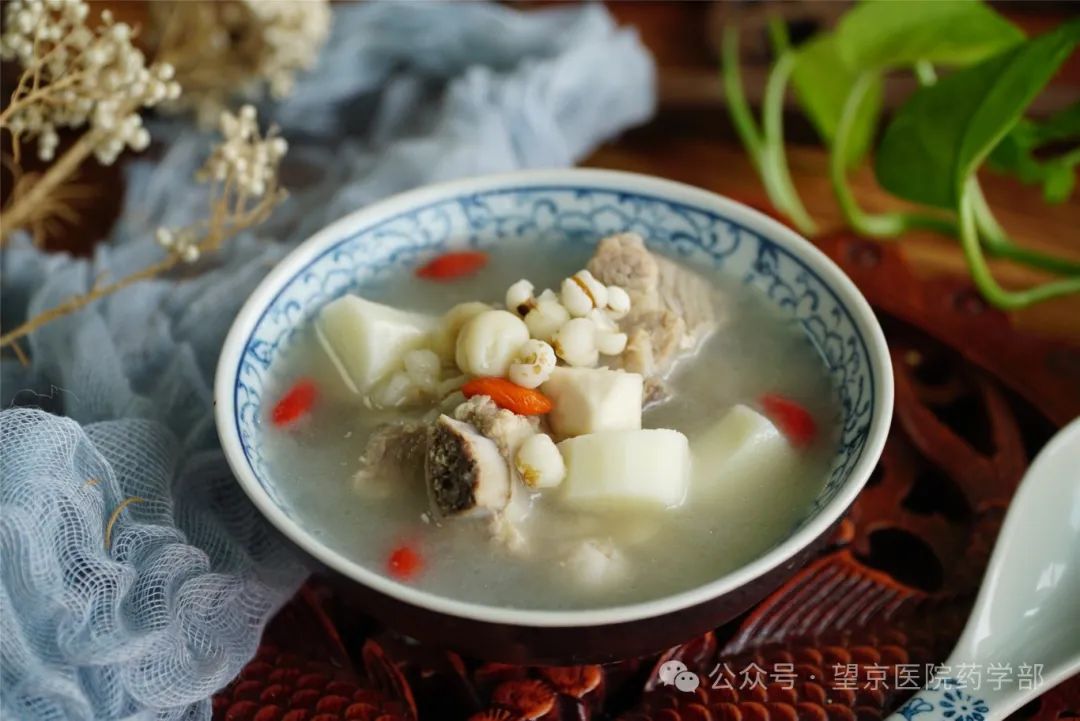
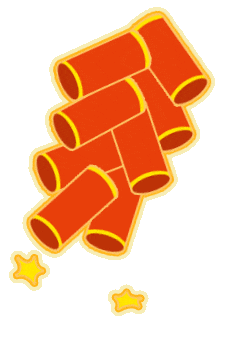
[Medicinal Diet Recipes]

Spleen-Strengthening Four Divine Soup
Ingredients: Poria 20g, Chinese Yam (Shan Yao) 20g, Lotus Seeds (Lian Zi) 20g, Euryale Seeds (Qian Shi) or Job’s Tears (Yi Yi Ren) 20g
Preparation: Soak lotus seeds and Euryale seeds (or Job’s Tears) in clean water for 20 minutes. Peel and cut Poria and Chinese Yam into pieces; simmer in clean water for half an hour, adding rock sugar to taste.
Dosage: Consume an appropriate amount.
Effects: Strengthens the Spleen, nourishes the Stomach, dispels dampness, and calms the mind.

Chinese Yam and Poria Buns
Ingredients: 100g Chinese Yam Powder, 100g Poria Powder, 500g Flour, appropriate amounts of Sugar, Mixed Dried Fruits, Osmanthus Sugar, and Vegetable Oil.
Preparation: First, mix sugar, vegetable oil, mixed dried fruits, and osmanthus sugar to make the filling. Combine Chinese Yam powder and Poria powder in a bowl, add clean water to form a paste, steam for half an hour, then mix with flour, roll out the dough, fill with the mixture, and steam until cooked.
Dosage: Consume once a day as breakfast.
Effects: Strengthens the Spleen and Kidney, astringes and stops leakage. Suitable for symptoms of frequent urination, spermatorrhea, and enuresis due to Spleen and Kidney deficiency.

Poria Powder Congee
Ingredients: 30g Poria Powder, three dates, 100g Japonica Rice.
Preparation: Wash the Japonica rice and dates, place them in a pot with an appropriate amount of water, bring to a boil over high heat, then reduce to low heat and continue cooking until the rice is soft. Add Poria powder and cook for a short while until well mixed.
Dosage: Consume on an empty stomach, twice daily.
Effects: Strengthens the Spleen, transforms phlegm, and stops cough.
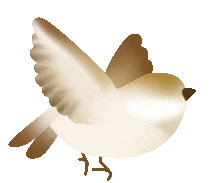 2024
2024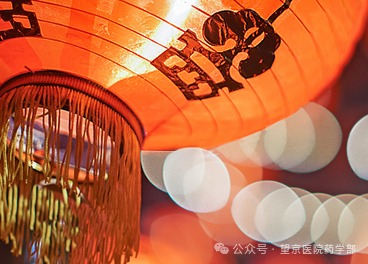
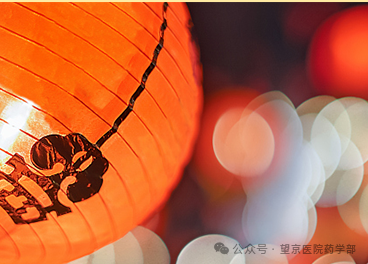
Wishing for blessings from the heavens,
True feelings from the pharmacists of Beijing.
The fragrance of medicine fills the air, spring is always present,
With benevolence and virtue, the teachers protect health and peace.
Sending you wishes for health and happiness,
May joy fill your home.
Wishing you a new year as vast as the sea,
Year after year, may happiness abound.
References:
[1] Jiangsu New Medical College, Dictionary of Chinese Medicine. Shanghai Scientific and Technical Publishers, 2004.9
[2] Wang Benxiang, Modern Pharmacology and Clinical Applications of Chinese Medicine. Tianjin Science and Technology Translation Publishing Company, 2004.6
[3] Liu Zhiyong, Medicinal Diet Therapy. China Traditional Chinese Medicine Publishing House, 2017.3
[4] National Pharmacopoeia Commission. Pharmacopoeia of the People’s Republic of China, Part One. Beijing: China Medical Science and Technology Press, 2020.
[5] Li Jingwei, Li Zhenji, et al., Compendium of Materia Medica Annotations. Liaohai Publishing House, 2002, 11
Images sourced from the internet
Author: Zong Zhiyong
Reviewer: Wang Jinghong
Previous popular science articles from the Pharmacy Department
Series on the Dual Role of Food and Medicine
Almonds, Perilla, Dandelion, Buddha’s Hand, Platycodon
Lotus Seeds, Raspberries, Garlic, Goji Berries, Bulbous Lily
Adzuki Beans, Mulberries, Purslane, Longan Flesh, Jujube
Chinese Yam, Hawthorn, Sterculia, Chrysanthemum, Euryale
Orange Peel (Chen Pi) Black Plum Honeysuckle Monk Fruit
Series on Rational Drug Use
Correct Use of Eye Drops and Ointments
Enteric-Coated Preparations, Do You Know How to Use Them Correctly?
Some Facts About Sustained-Release Preparations


